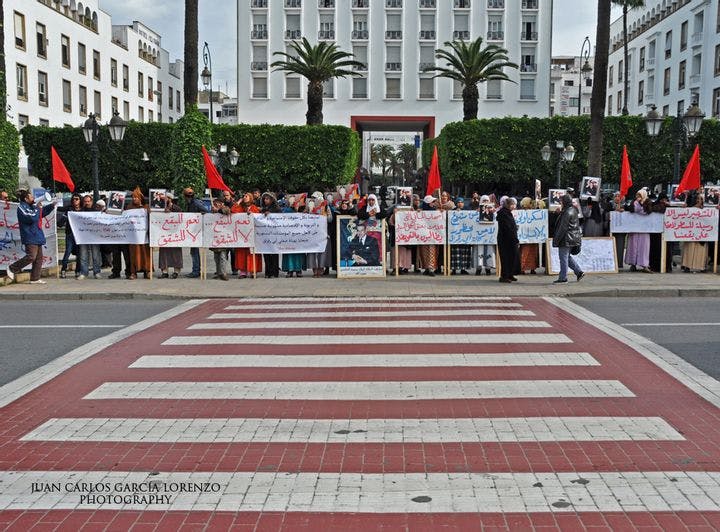Winter 2012
Democracy Deferred
– The Wilson Quarterly
Even though Moroccans approved a revised constitution in a July referendum, the idea that the country is on the road to being a healthy democracy is an illusion.
Like nearby Tunisia, Morocco had a raucous spring in 2011. Protesters from Tangier to Marrakesh took to the streets to protest poverty and corruption in an act of defiance that became known as the February 20 Movement. Many demanded restrictions on the power of King Muhammed VI, who has ruled the North African country since his father, King Hassan II, died in 1999.
The 48-year-old Muhammed, or “M6,” as he is popularly known, staved off prolonged unrest by proposing that the Moroccan constitution be overhauled. Even though Moroccans approved a revised constitution in a July referendum, the idea that the country is on the road to being a healthy democracy is an illusion, writes Martine Gozlan, editor in chief of the French newsweekly Marianne.
The much-ballyhooed constitutional changes don’t amount to much. Muhammed VI did give up some powers, such as the ability to dissolve Morocco’s parliament, and language on gender equality made its way into the document for the first time. But the lion’s share of authority remains in M6’s hands, including control over foreign policy, security, and the judiciary. “The king understood that he needed to make changes in appearance in order to change nothing fundamentally,” Gozlan observes. For instance, a reference to the king’s “sacredness” was struck from the constitution only to be replaced with one to his “inviolability.”
Others see progress in the fact that the Justice and Development Party, a moderate Islamist group that ran on a platform of economic development, won the majority of seats in November’s parliamentary elections, outdoing the monarchist Istiqlal. Yet the party is pretty tame, Gozlan observes. It pledges allegiance to the king and endorsed his cosmetic constitutional reforms.
Reformers, in short, face a steep uphill battle. Muhammed VI sits on a vast fortune and has the news media under his thumb. The country is “profoundly poor and patriarchal,” Gozlan notes, and lags far behind Tunisia and neighboring Algeria in the percentage of its young people who go to college and in the amount it spends on health care. Half the country’s mosques adhere to the ultraconservative Salafist school. Last April a fundamentalist suicide bomber in Marrakesh killed 17 people, sparking fresh fears about terrorism. “No matter how hard the king nourishes the illusion of a ‘Royal Spring of Democracy,’ ” Gozlan says, a winter wind still blows in Morocco.
* * *
The Source: "Morocco: In the Kingdom of Illusions" by Martine Gozlan, in World Policy Journal, Fall 2011.
Photo courtesy of Flickr/Marc
